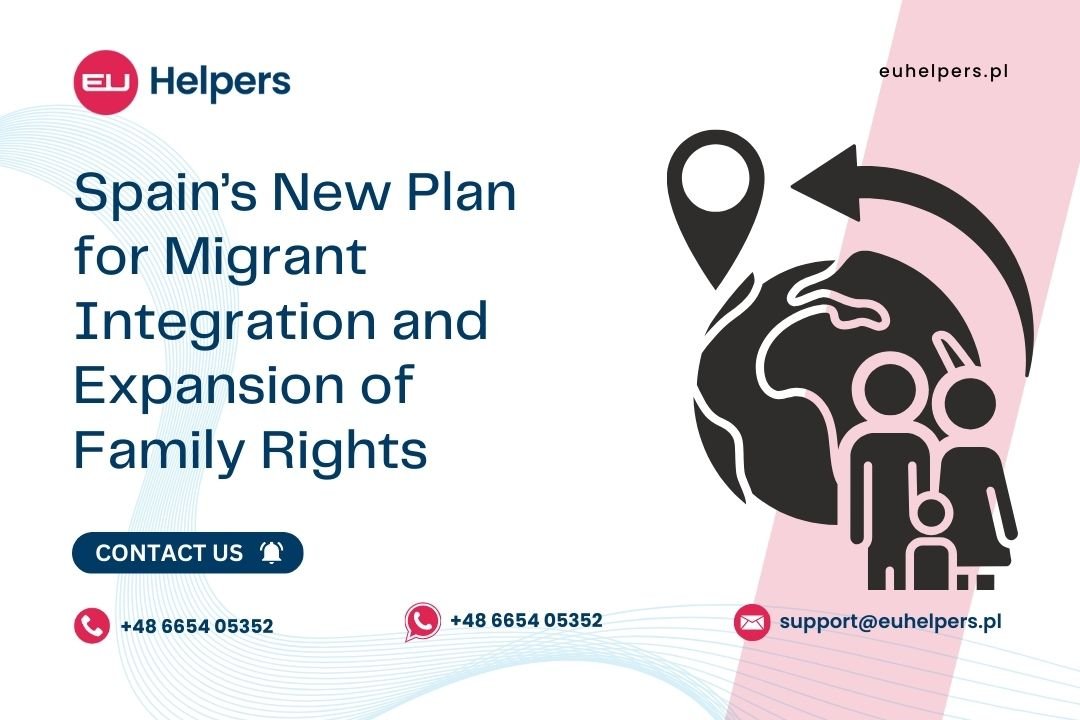The President of Spain, Pedro Sánchez, has unveiled plans for the integration of migrants settling in Spain, marking a significant move in the country’s immigration policies. In addition to this initiative, the Spanish government is set to reactivate the Family Law in the coming weeks. The revised law aims to extend protections and rights to a broader range of families, including large families, migrant families, single-parent households, and families with members who have disabilities.
As part of the integration plan, Sánchez announced the creation of 6,000 additional places in reception centers for minors, as well as increased support for autonomous communities that are managing large numbers of migrants. This is seen as a crucial step toward ensuring that migrant children, in particular, are provided with the care and support they need.
Dispelling Myths on Irregular Migration
Addressing misconceptions surrounding migration, President Sánchez refuted claims that most migrants enter Spain irregularly. He revealed that only 6% of migrants arrive through irregular means, such as crossing the Mediterranean or entering via the borders at Ceuta and Melilla.
He further explained the demographic breakdown of migrants in Spain, noting that 40% of migrants are from Latin America, 30% from Europe, and 20% from Africa. Sánchez emphasized that migrants contribute significantly to the Spanish economy, with an activity rate that is four percentage points higher than that of native Spaniards. Additionally, migrants make up 10% of the contributors to Social Security, while using public services and social benefits 40% less than the native population.
This new approach underscores the Spanish government's commitment to both integrating migrants effectively and addressing misinformation about the realities of immigration in the country.

